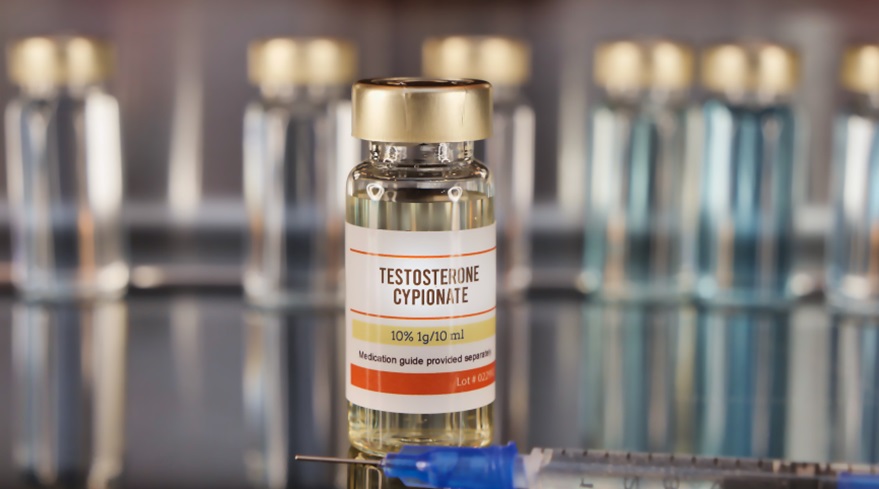Testosterone therapy has become an increasingly popular treatment for men experiencing low testosterone, a condition that can impact energy, mood, and overall health. However, misconceptions about the therapy often overshadow its benefits, making it essential to distinguish fact from fiction. Whether you’re considering testosterone therapy for men in Atlanta, or want to understand it better, clearing up common myths is the first step toward informed decision-making.
Myth 1: Testosterone Therapy Is Only for Older Men
Fact: Low Testosterone Affects Men of All Ages
While testosterone levels naturally decrease with age, younger men can also experience low testosterone due to factors like medical conditions, injuries, or lifestyle habits. Symptoms such as low energy, reduced libido, and difficulty maintaining muscle mass can occur in men of all ages, making testosterone therapy a valuable option beyond just older adults.
Myth 2: Testosterone Therapy Causes Aggression
Fact: Proper Therapy Promotes Emotional Stability
The belief that testosterone therapy causes “roid rage” stems from the misuse of synthetic steroids, not medically supervised treatment. In fact, balanced testosterone levels often lead to emotional stability and improved mood. For men with low testosterone, therapy can reduce irritability and feelings of depression, promoting overall mental well-being.
Myth 3: It’s a Quick Fix for Health Problems
Fact: Therapy Works Best with a Healthy Lifestyle
While testosterone therapy can enhance energy, libido, and muscle strength, it is not a cure-all. Effective treatment often includes lifestyle changes such as a nutritious diet, regular exercise, and stress management. Pairing therapy with a holistic approach ensures the best long-term results. Learning about the role of testosterone in erectile function can also help set realistic expectations for the benefits of treatment.
Myth 4: Testosterone Therapy Increases Heart Disease Risk
Fact: Updated Research Supports Its Safety
Early studies suggested a potential link between testosterone therapy and cardiovascular risks. However, more recent findings indicate that therapy can improve heart health by increasing muscle strength, promoting fat loss, and enhancing energy levels. A personalized evaluation with a healthcare provider is essential to address individual concerns.
Myth 5: Testosterone Therapy Is Unnatural
Fact: It Mimics the Body’s Hormones
Modern testosterone treatments are designed to replicate the body’s natural hormone production. Under medical supervision, these therapies aim to restore testosterone levels to a healthy balance rather than create excessive amounts, ensuring safety and effectiveness.
Myth 6: All Symptoms of Aging Are Due to Low Testosterone
Fact: Aging Has Many Causes
While symptoms such as fatigue, reduced libido, and decreased muscle mass can be linked to low testosterone, they are not exclusively hormonal. Factors such as sleep disorders, poor nutrition, and chronic stress also play a significant role. Proper diagnosis is essential to determine the root cause of symptoms.
Conclusion
Testosterone therapy offers many benefits for men with low testosterone, but understanding the facts is crucial to making informed choices. Whether you are exploring testosterone therapy for men separating myths from realities can help you approach treatment with confidence.
For a deeper look at the benefits, explore how testosterone replacement therapy can improve quality of life to understand its broader potential in supporting health and well-being.
By debunking myths, men can approach testosterone therapy with realistic expectations and take steps toward improving their quality of life.












